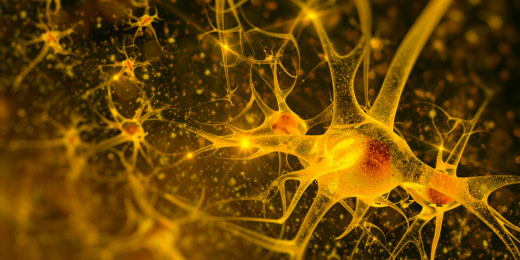A new mini-experiment from Stanford's WELL program challenges individuals to take five minutes out of their day to meditate, with the goal of improving well-being.
Author: Hanae Armitage
Stanford scientist weighs in on new government report on physical activity
A new report out of the U.S. Health and Human Services Department takes a science-first approach to detailing the boons of physical activity for human health.
CRISPR helps scientists track down potential therapeutic targets for ALS
Scientists have used genome editing to pinpoint genes that reveal information about ALS and may even protect against the degeneration of neurons.
The efficacy of antidepressants: A Q&A with John Ioannidis
In a meta-analysis of more than 500 clinical trials, researchers have new conclusions about the efficacy of 21 different antidepressants.
Database allows physicians to tailor prescriptions to complement an individual’s genome
Stanford's Russ Altman discussed the pharmgkb.org database — which matches genomes with medication information — at the recent Beckman Symposium on campus.
Debating low-fat vs low-carb diets? New study found a draw
A comparison of diets for weight loss for those with different levels of insulin and metabolic genes did not find a clear winner.





